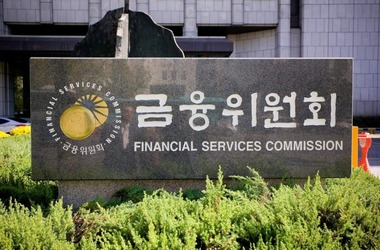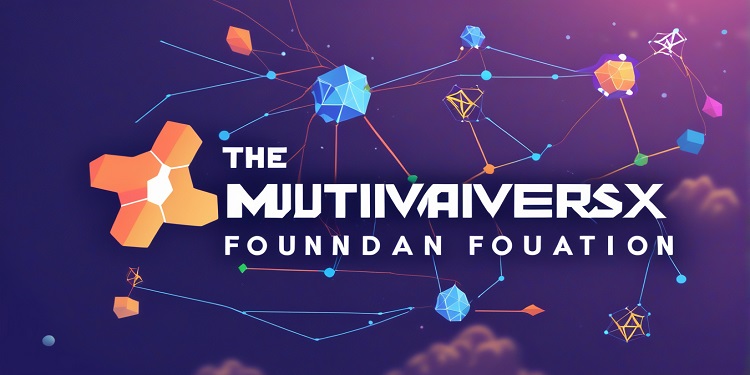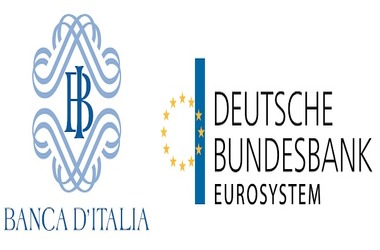 According to reports in South Korean media, the country’s financial regulator, the FSC, has denied to regulate NFTs since they do not fit within the definition of “virtual asset” specified by the Financial Action Task Force. It was reported by the Korean Herald, quoting unidentified government officials at the Financial Services Commission, that because FATF guidance states that NFTs are “digital assets that are distinctive rather than replaceable, and that are in practise used as collectibles instead of payment or investment tools,” it falls outside of their regulatory jurisdiction, according to the report.
According to reports in South Korean media, the country’s financial regulator, the FSC, has denied to regulate NFTs since they do not fit within the definition of “virtual asset” specified by the Financial Action Task Force. It was reported by the Korean Herald, quoting unidentified government officials at the Financial Services Commission, that because FATF guidance states that NFTs are “digital assets that are distinctive rather than replaceable, and that are in practise used as collectibles instead of payment or investment tools,” it falls outside of their regulatory jurisdiction, according to the report.
This does not imply that the rapidly expanding business will remain uncontrolled indefinitely. The possibility of NFTs being regulated as securities is still on the table, however it would be done via a separate regulator, the Financial Supervisory Service, rather than the SEC. According to a report in Korea’s The Herald, an authority has expressed worry about price fixing in the market and the necessity to establish a kind of regulatory framework expressly for non-financial firms.
Furthermore, NFTs that perform the role of “security tokens,” such as supplying the bearer with royalties, would be deemed a regulated business under the Act. If they are utilised for payment or investment purposes in reality, certain non-financial transactions (NFTs) that seem to be non-virtual assets may be considered digital assets under the definition of virtual assets, according to the guidelines released on October 28.
“Other NFTs are digital representations of many other capital instruments currently covered by the FATF Standards, such as bonds and other debt instruments.”
The FATF definition of VA excludes such assets, although they would be included by the FATF Standards as a form of financial asset under the definition. We are considering whether non-financial tokens (NFTs) should be included in the virtual asset category since there has been a desire to include NFTs among virtual assets, according to the country’s finance minister.
South Korea’s entertainment business, on the other hand, is embarking on its first venture into non-financial technologies. Announcing a strategic investment in Dunamu, parent company of the Korean exchange Upbit, Hybe, the agency that manages the boy band sensation BTS, announced late Thursday that it is taking a 2.5 percent stake in the company for approximately $500 million, with Dunamu taking a 5 percent stake in Hybe for $590 million.
The two want to develop an NFT marketplace for fan souvenirs in the near future, using Hybe’s extensive intellectual property collection and talent roster as a starting point.








